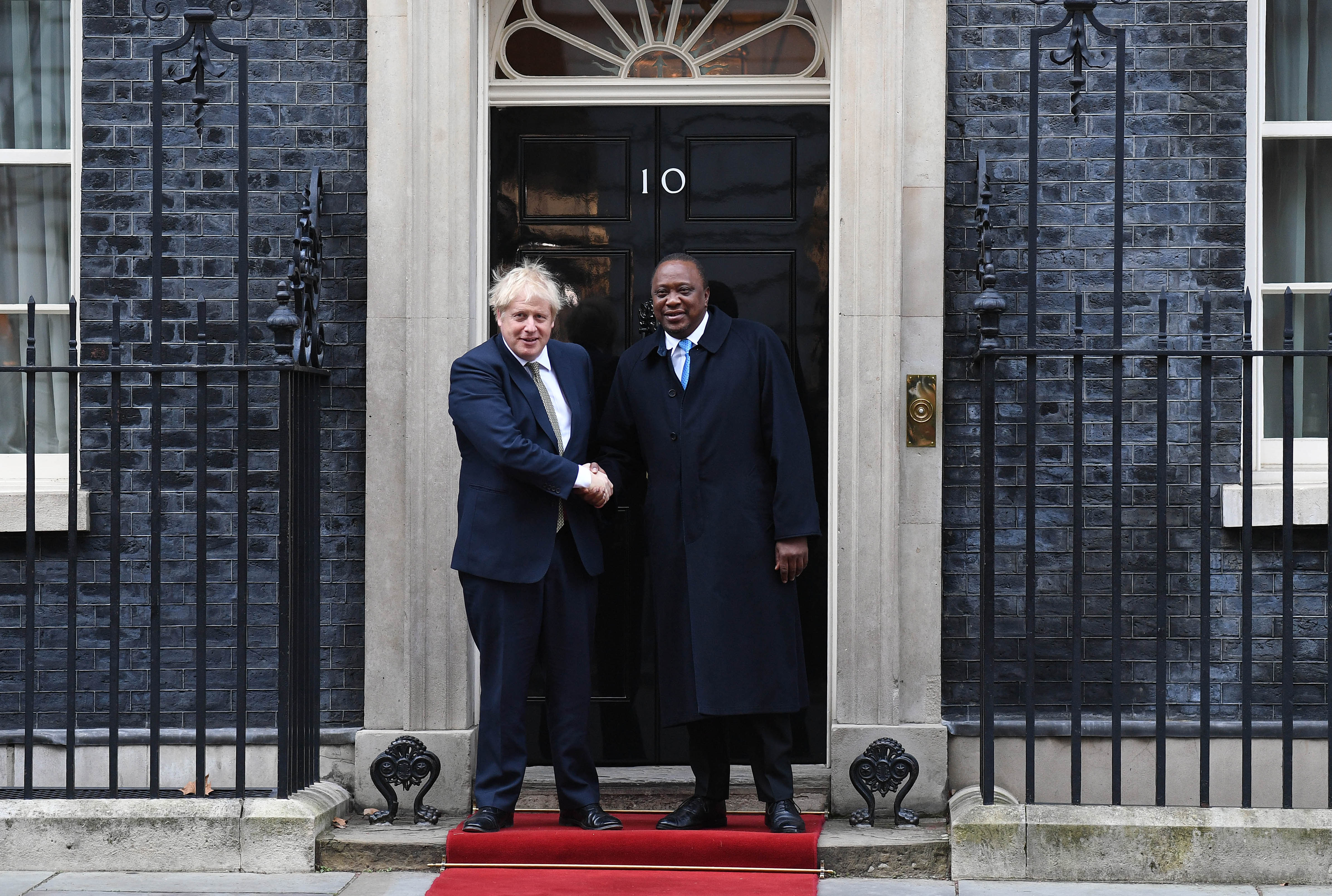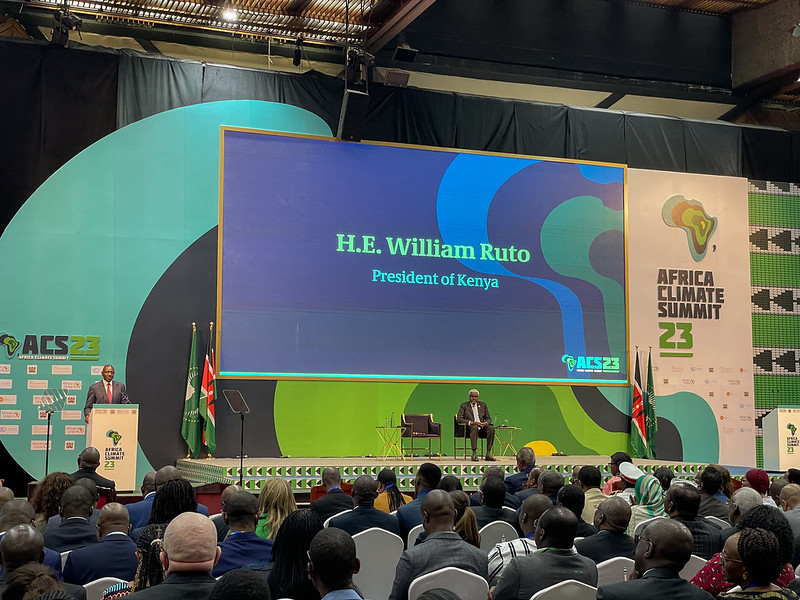Kenya’s arid, predominantly pastoralist north, has seen significant episodes of election-related violence, which has been driven by politicians deliberating moving people into certain districts to influence the outcomes of votes, writes Flora McCrone.
In Kenya’s vast arid north nothing stays the same for long. From month to month or even week to week, the landscape transforms and changes colour, and nomadic pastoralist communities and animals move across immense distances. Against this backdrop, violence and conflict frequently erupt and then cool, far from urban centres and paved roads.
When violence in this remote and apparently ‘lawless’ space is reported on, it is often described in relation to climate change, ‘traditional’ cycles of cattle raiding and revenge, and banditry. Politics is seldom discussed by observers and when it is, only briefly as an afterthought.
Much of the violence is mobilised by political elites who belong to these nomadic pastoralist communities. They incite action and provide material support to the livestock-herding youth to participate in territorial clashes with other communities during Kenya’s electoral cycles.
Reform, change and chaos in Kenyan politics
In the wake of the post-election violence in 2008 when 1400 people were killed, there was a rush by policymakers, academics and the media to make sense of what went wrong and how to fix it. Policymakers worked on sweeping constitutional and governance reforms, to counteract Kenya’s highly personalised and centralised executive, political parties driven by ethnic clientelism, and winner-takes competition. Most notably, this included the devolution of government and the creation of 47 new county governments in 2013.
Since then, Kenya has gone through three more election cycles, most recently in August 2022. Since these reforms, the country has not experienced the same explosion of nationwide election violence again. Although every election cycle, the country and international community still holds its breath.
This concern around elections and political violence is rarely extended to Kenya’s remote north. Even when violence in this area among the pastoralist communities coincides with elections, it is still mostly characterised as being disconnected from politics.
The hidden violence of the arid north
Since the devolution of government in 2013, much of the violence, conflict and displacement in the north of the country is directly linked to election cycles and politics.
Many parts of the arid north have experienced significant episodes of armed violence in the period immediately before the elections. This happened in 2016–17 and again in 2021–22 when the area where Samburu, Isiolo and Laikipia counties meet was thrown into violent turmoil by large scale movements of heavily armed pastoralists and their livestock herds.
This violence is choreographed and mobilised by a cadre of political elites, which includes members of parliament and other actors within the national government structures. They work with political aspirants and incumbents in the county governments. In the months and even years preceding an election, these pastoralist political elites encourage and provide guns, bullets and cash to the youth in their communities to move, with their livestock, into certain areas, and to clash with other communities and drive them out of those areas.
Political elites do this to alter the demographics and voting blocs within counties, and the smaller units of constituencies and wards, to help them secure election wins. For the pastoralist communities, this allows them to access grass for their livestock.
The elites are driving a deliberate and strategic movement of voters from one political unit into another, a practice called ‘vote shipping’, which is largely unreported. This practice could be seen as an alternative to gerrymandering – where the voters stay in place but the borders between constituencies are strategically moved. This vote-shipping practice is largely distinctive to pastoralist areas because it relies on the inherent nomadism of the communities and the presence of livestock as a key feature of the process.
This deliberately planned elite-driven territorial violence looks a lot like ‘traditional’ or simply drought-driven conflict between pastoralist communities, and the media, policymakers and other observers rarely try to look beyond these rather superficial explanations. This is partly because the violence often plays out in very remote areas and unfolds a long time before an election, whereas election observers are mostly focused on violence taking place on election day and in the wake of election results.
Reframing election violence
In the media, policy discussions, and academia this violence goes largely unnoticed and unaddressed. Attempts to mitigate these conflicts so far have been slow and poorly formulated. The typical approaches to conflict resolution (which assumes clearly defined ‘sides’), grassroots peacebuilding (which assumes conflicts are purely ‘local’), and ongoing devolution support and other ‘good governance’ initiatives (which often empower and legitimise these local political elites), will struggle to resolve such conflicts.
There is an urgent need to reframe the conception of what election-related violence can look like and recognise that such violence can be pre-emptive, and in places that appear far removed from politics.
This blog is based on a journal article published in the Journal of Eastern African Studies: “I have opened the land for you”: pastoralist politics and election-related violence in Kenya’s arid north.
Photo credit: Author





